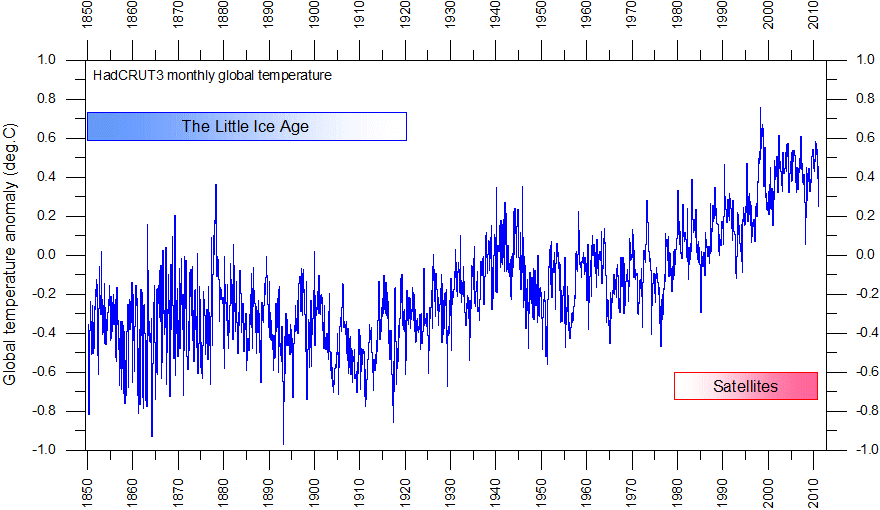Originally posted by pjclarke
New peer reviewed paper: clouds have large negative-feedback cooling effect on Earth’s radiation budget | Watts Up With That?
Consistent with previous results (Ramanathan et al., 1989; Su et al., 2010), the cloud radiative cooling effect through reflection of short wave radiation is found
to dominate over the long wave heating effect, resulting in a net cooling of the climate system of −21 Wm−2.
to dominate over the long wave heating effect, resulting in a net cooling of the climate system of −21 Wm−2.


 )..
)..






Leave a comment: